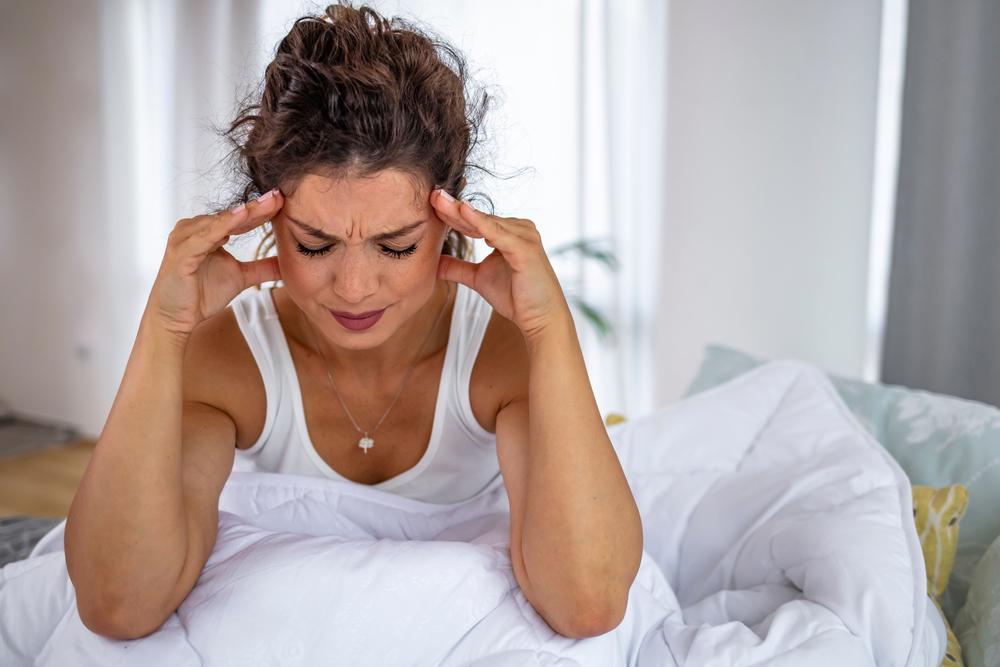Sleeping with a concussion is not the same as normal sleep. Although many concussion victims can fall asleep in bed, it is important to stay awake. In the days after an injury, it is important to get 8 to 9 hours of sleep. Sleeping in a dark and quiet room is also recommended. However, if you are experiencing any of the following symptoms, you should see a doctor.
Get 8-9 hours of sleep a night after a concussion
When recovering from a concussion, you should aim to get eight to nine hours of sleep every night. This includes going to bed at the same time every day. Additionally, try to keep your bedroom cool and dark. If possible, avoid electronic devices and bright lights a few hours before bedtime.
Many people with concussions are concerned about sleeping after the concussion. Although sleep is generally safe, it can make it difficult to monitor symptoms. In some cases, healthcare professionals advise family members to check on the patient periodically and to perform simple tests such as asking questions and observing for signs of agitation or unusual behavior. Other tests include shining a light in the person’s eyes and determining if the pupils are the same size. Performing these tests often may help alert caregivers to anything that could be potentially dangerous.
It is essential to get eight to nine hours of sleep every night after a concussion to speed up the recovery process. Many people fear sleeping after a concussion, but sleep is essential for the brain to heal and repair itself. Some of the warning signs that you may have a concussion include trouble waking up, vomiting, or difficulty balancing. If you’re worried about the safety of sleep, you can also try to wake up someone else and ask them to watch for the signs of concussion.
In the first week after a concussion, you’re likely to feel extremely sleepy. This may last a week or more. Your sleep pattern may be irregular and you may need to take naps during the day.
Getting checked out after a concussion
After a concussion, athletes should get checked out by a physician to determine whether their symptoms are due to the concussion. The doctor will perform a physical examination and may recommend imaging at an emergency room to rule out any other injuries. Although most concussions will heal without medical intervention, serious head injuries may require surgery or other interventions.
Some symptoms of concussion may not appear for hours or days after the injury. Nevertheless, if symptoms persist for a longer period of time, see a doctor immediately. The doctor may refer you to a specialist. There is no single treatment for concussion, but with adequate medical care, rest, and specialist support, people can make a full recovery.
Symptoms of a concussion include headaches, dizziness, and difficulty with balance. In addition, five percent of concussion victims will develop bleeding or a blood clot. It is important to get checked out right away for your own safety and peace of mind.
If you suspect that you have a concussion, you should never return to the game until your doctor has confirmed that your symptoms are due to a concussion. A healthcare provider will do a complete physical exam and refer you to a sports medicine specialist or a neurologist for further testing. They may also order imaging tests.

